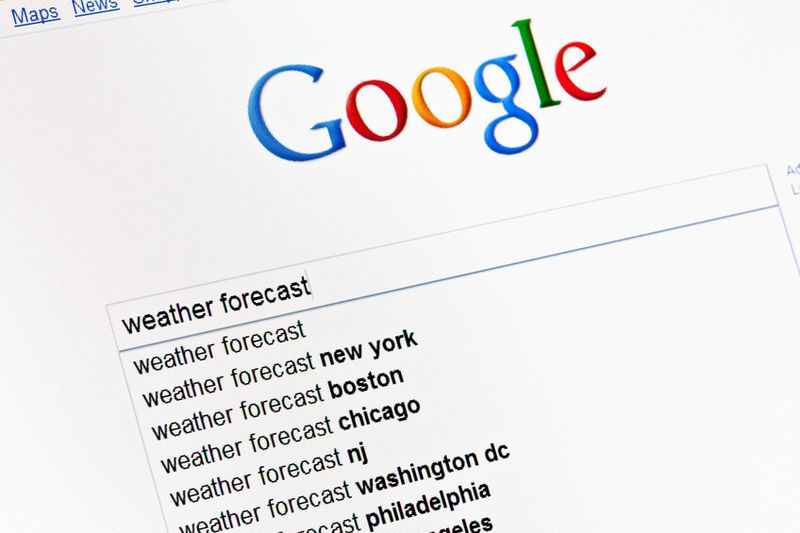The Economist argues in this article how online services which provide for personalised services are breaching some age-old notions of privacy.
Google mines the data it collects from users for two purposes. One is to improve the user experience, making its various online services more personal, useful and rewarding for the individual—and thereby increasing their popularity. The other purpose is to provide better targeted information for advertisers.The above is a foregone conclusion - we all are ignoring the looming fear of privacy invasion for the convenience that online services give us. In fact, after much brouhaha about the US NSA snooping over a vast majority of the world (incl. politicians in other countries), not much seems to have changed in the world perception given how social media platforms (hosted in US data centers and subject to US laws) have snowballed into world's largest corporations.
That is fine for the vast majority of internet users, who are happy to trade a measure of privacy for the convenience. However, most people (though not all) stop short of blurting out more intimate details about their private lives.
Even so, all those innocuous bits of self-revelation can be pieced together, jig-saw fashion, by intelligent algorithms. Throw in the digital paper-trails stashed in Google searches and Amazon purchases, and things can begin to get a little scary.
However, another concern is now coming up which is not so much about someone knowing about the underwear brand I wear (which wouldn't really be very devastating), but about me NOT knowing what I don't know.
One of the foundational principles of democracy - which underpins other more explicit principles like freedom of speech or freedom of practising one's religion - is the freedom and the right to have access to unfettered information. One of the reasons North Korea and even China are castigated by proponents freedom is because of the conditions imposed by these regimes on the flow of information to their citizens.
Recent studies have shown that excessive personalization of say our Facebook feeds or WhatsApp Group based news which we receive, makes us as blind to other perspectives as may be people of a restrictive or oppressed regime.
The information we take in is so personalized that we’re blind to other perspectives. Thats why Trump was a surprisehttps://t.co/MtN8np3jHE— Nikhil Kulkarni (@kulkarninikhil) November 10, 2016
No wonder that religious preachers, right wing activists and even divisive religion based military group like the ISIS find Social Media a good source of recruiting volunteers!
Activist Eli Pariser who has coined the term Filter Bubble argues that "while we might think of the internet as an impartial, universal library with Google serving as a superhuman Dewey decimal system, it’s remarkably, and perhaps pathologically, individualised". Another article by Rohit Prasad of MDI, Gurgaon, in India, argues that -
"The institution of paid search raises barriers to entry for firms that do not have the required marketing budgets and that apart from paid search which is quite evidently non-neutral, the paradigm of neutral search itself is being questioned as anti-competition"This is still quite benign as it only attacks the laissez-faire economy principles of the free market, but he also adds that -
"the use of personalization rules in serving search returns implies that we get to see what the search engine thinks we would like based on surfing information it has gathered about any people, rather than some ‘objective’ listing"Veterans of journalism - the fourth pillar of a democracy - agree with this sentiment. As Rich Jaroslovsky, the chief journalist at SmartNews, puts it - "Excessive personalization creates a rabbit hole ... you never discover anything that you didn't know already and your world view gets narrower .. and ultimately leads people to feel dissatisfied" (Source: futureof.news)
- The Internet is entering every sphere of our lives - from 'where to buy a house' to 'which route to take for the morning commute to office. If personalised technology makes us take biased decisions, it may be impacting our whole life! Further, it may be preventing us from benefits of serendipity by forcing us to take the beaten path, dumbing us down or killing that chance we have to be more creative!
- Internet penetration is increasing at an exponential pace and hence more people are being subjected to decision making assisted or influenced by Social Media. Whether it is about the route on your daily commute or who should be your President or Prime Minister; all of us are being subjected to filter bubbles while contributing to these decisions. The ubiquity of internet means that we are at a greater risk of making a collective mistake in making decisions!
- In the last few years, as the propensity of political leaders to take tough decisions has reduced and the trend of referendums has gained traction. The United Kingdom (who's Westminster model is a template for democracy in several countries), has witnessed two referendums in recent past - one on Scotland remaining a part of the UK and another on UK leaving the EU. As technology - electronic voting et. al. - makes it easier to conduct elections; direct democracy might become the norm. Some low population countries like Switzerland are already making the switch. This makes over personalised social media even scarier as biases may influence specific political decisions not just personal decision or choice of leader.
- In a world where we are heading towards making some very crucial decisions regarding climate change or future of robotics or spacefaring - combined with point #3, biases influenced by narrow social media networks and incomprehensibly tested personalization algorithms (technology), we might just take a wrong decision which may have far reaching impact on future generations and the very existence of mankind!
It is high time philosophers, futurists, technologists, activists, politicians and even common people started exploring the dangers of personalized Social Media and devised ways to counter it!

Comments
Post a Comment